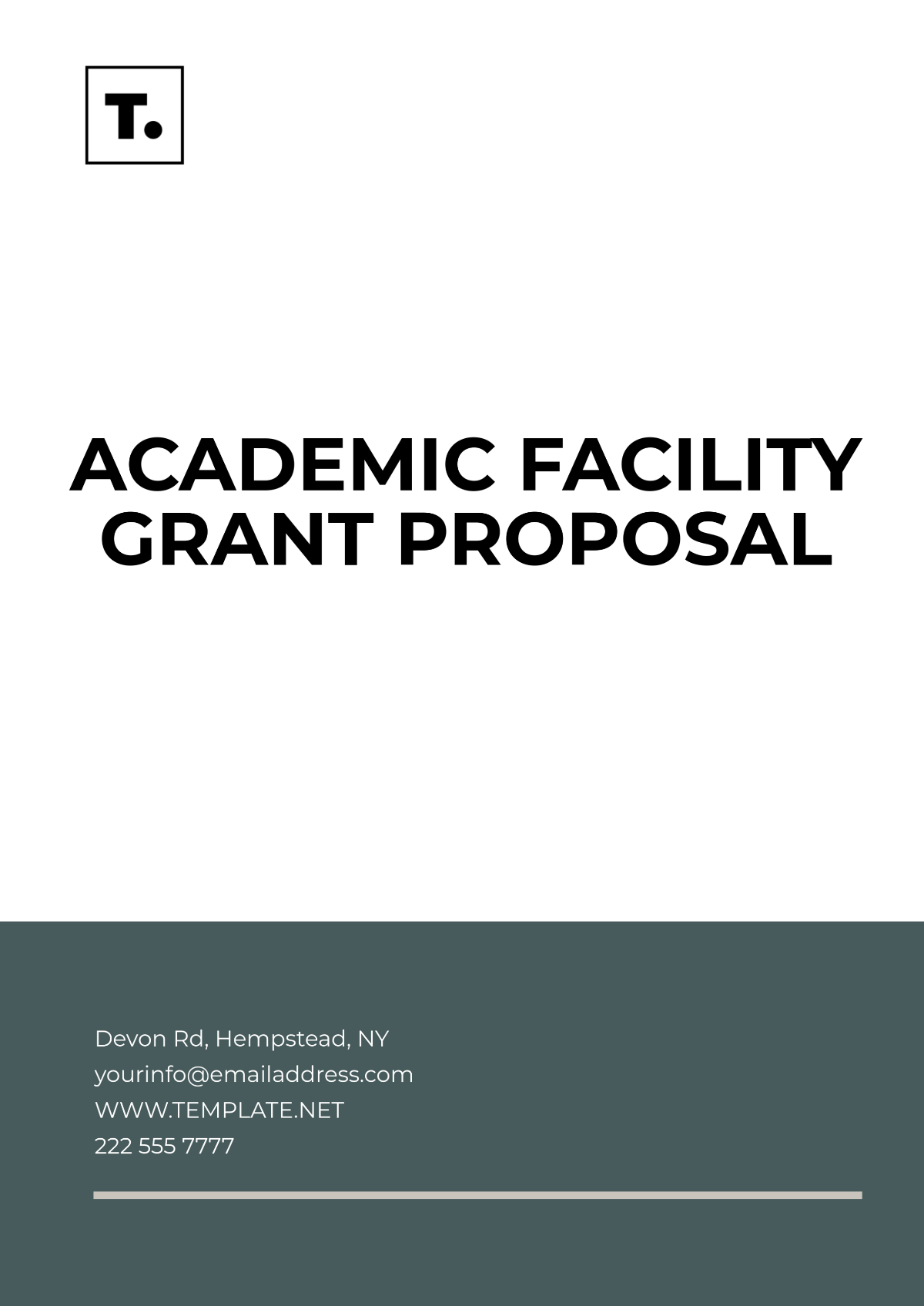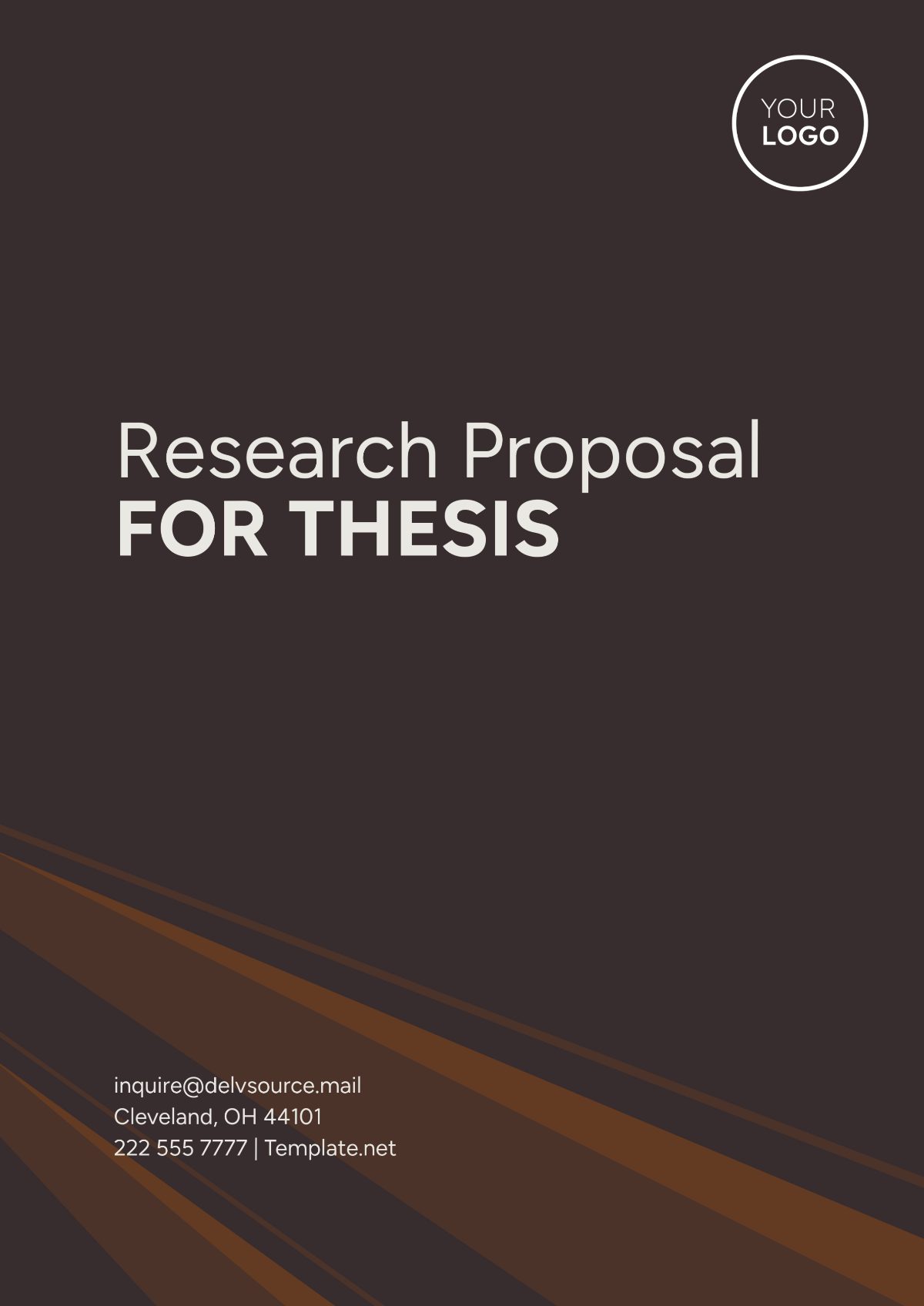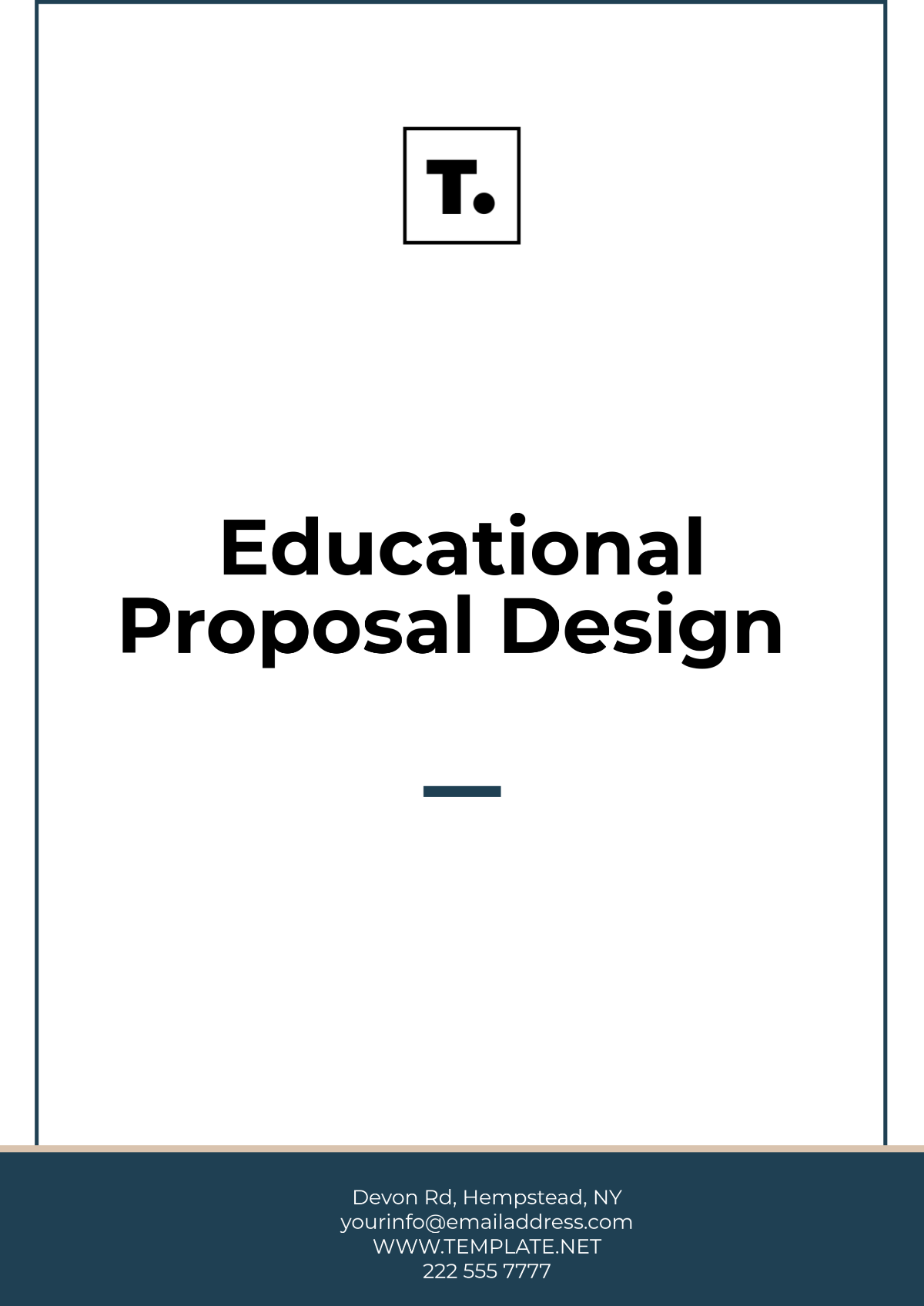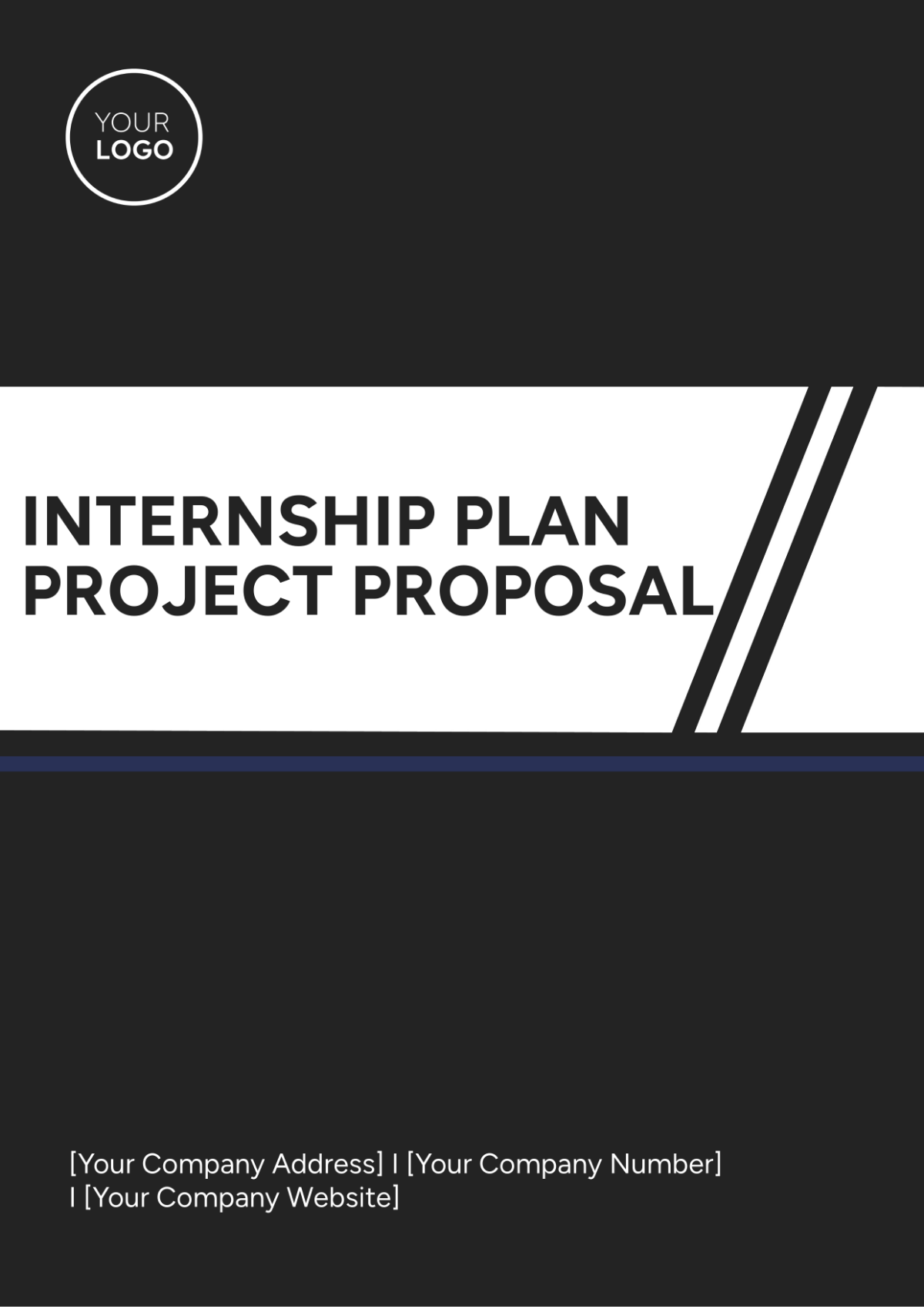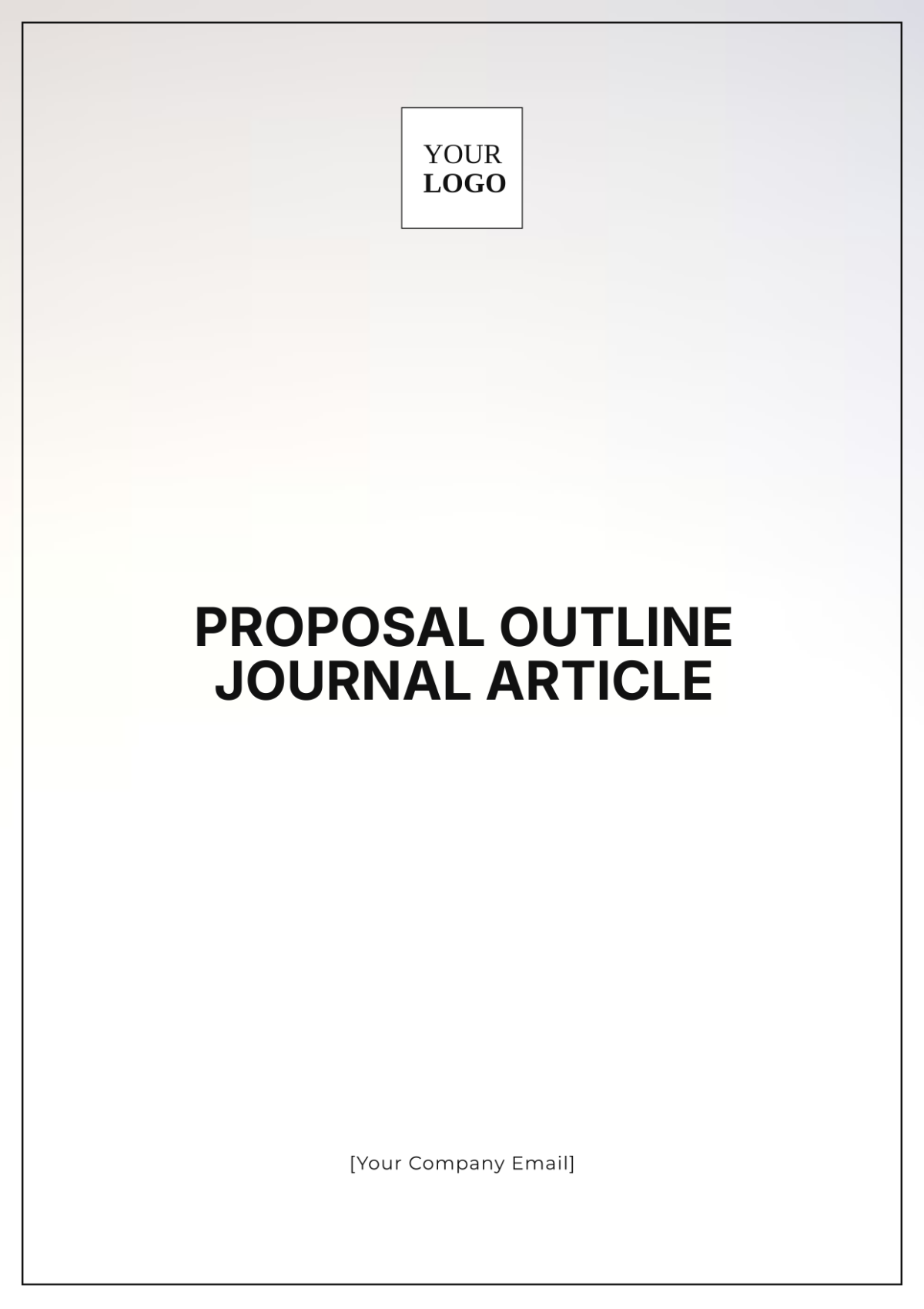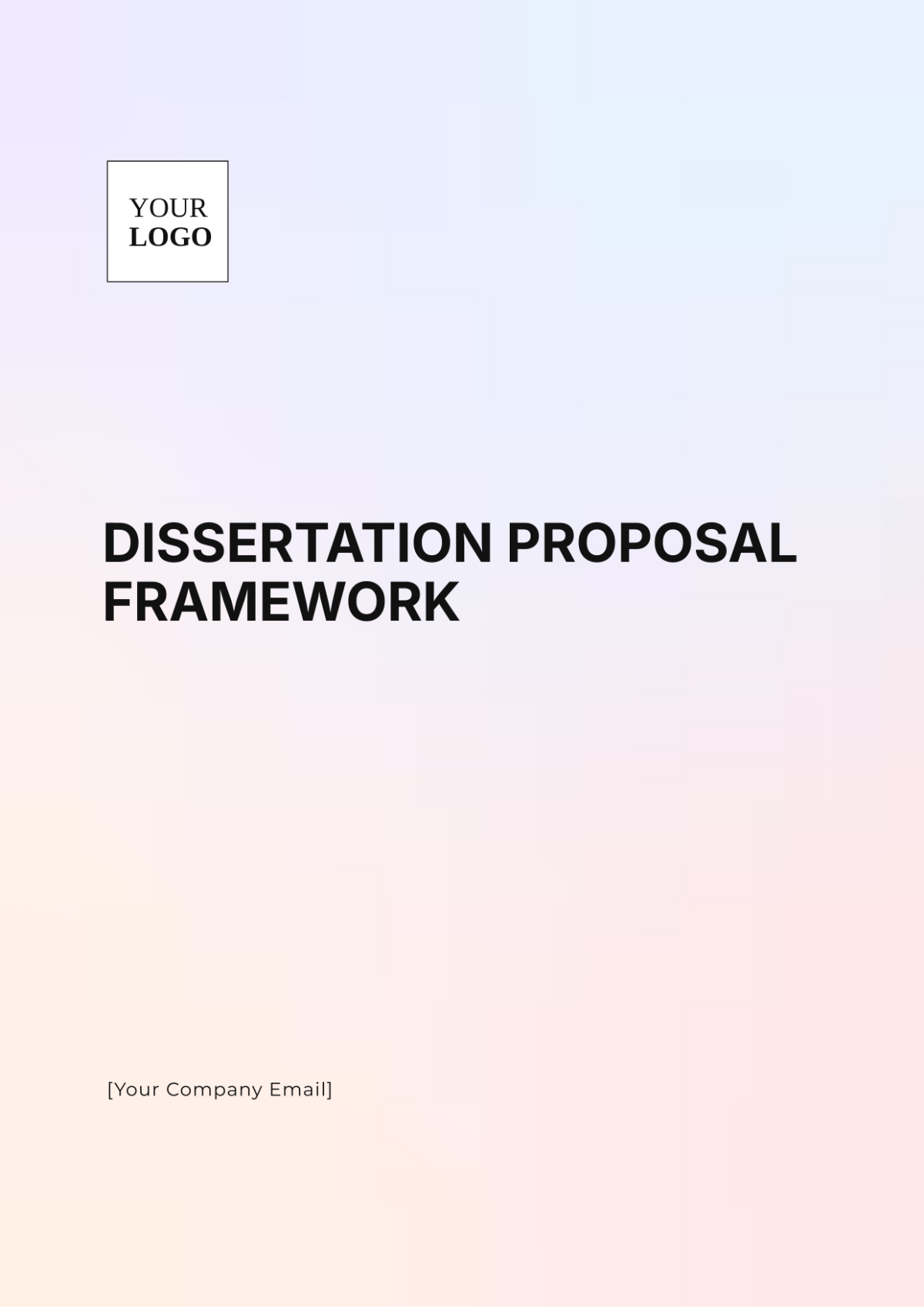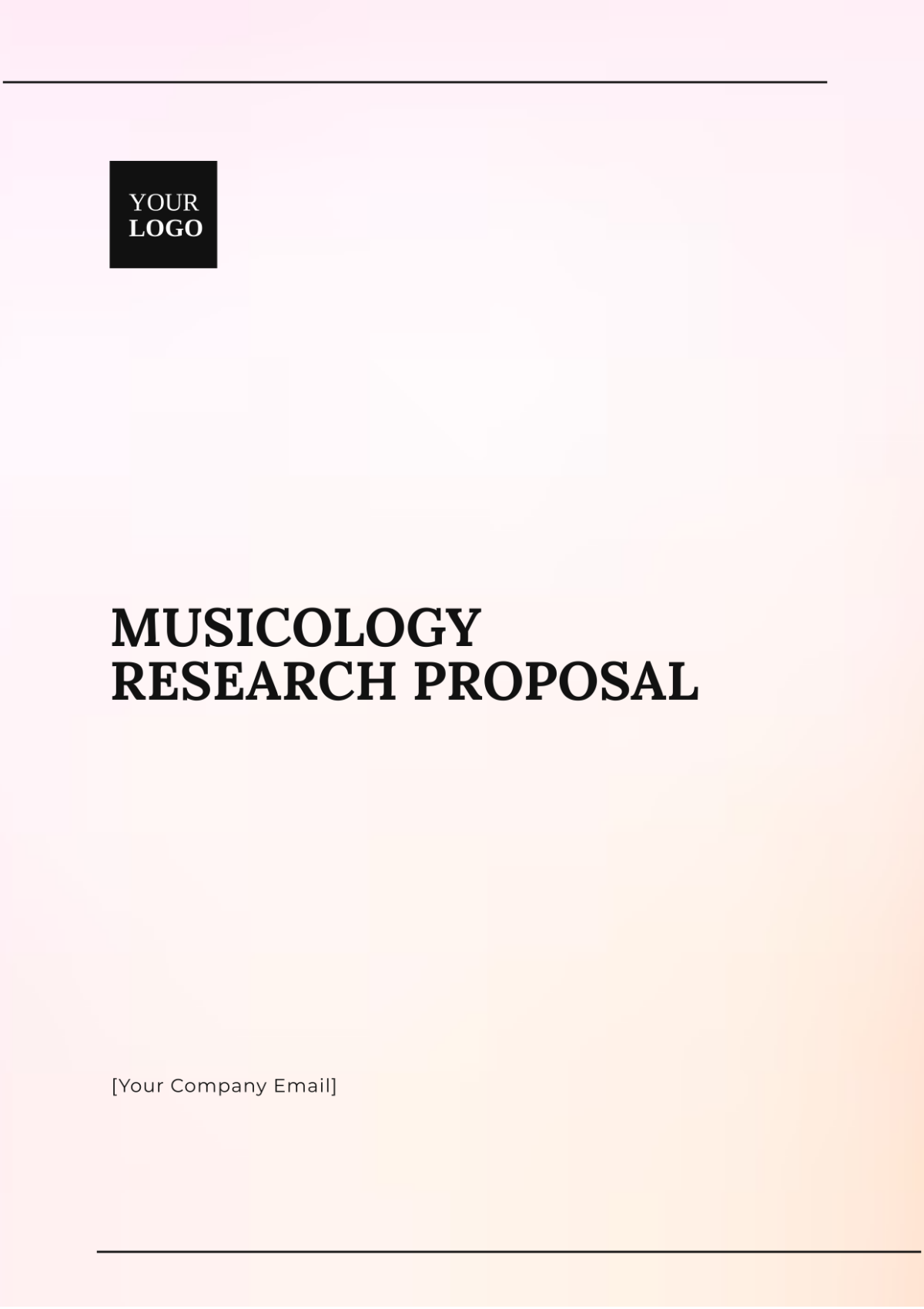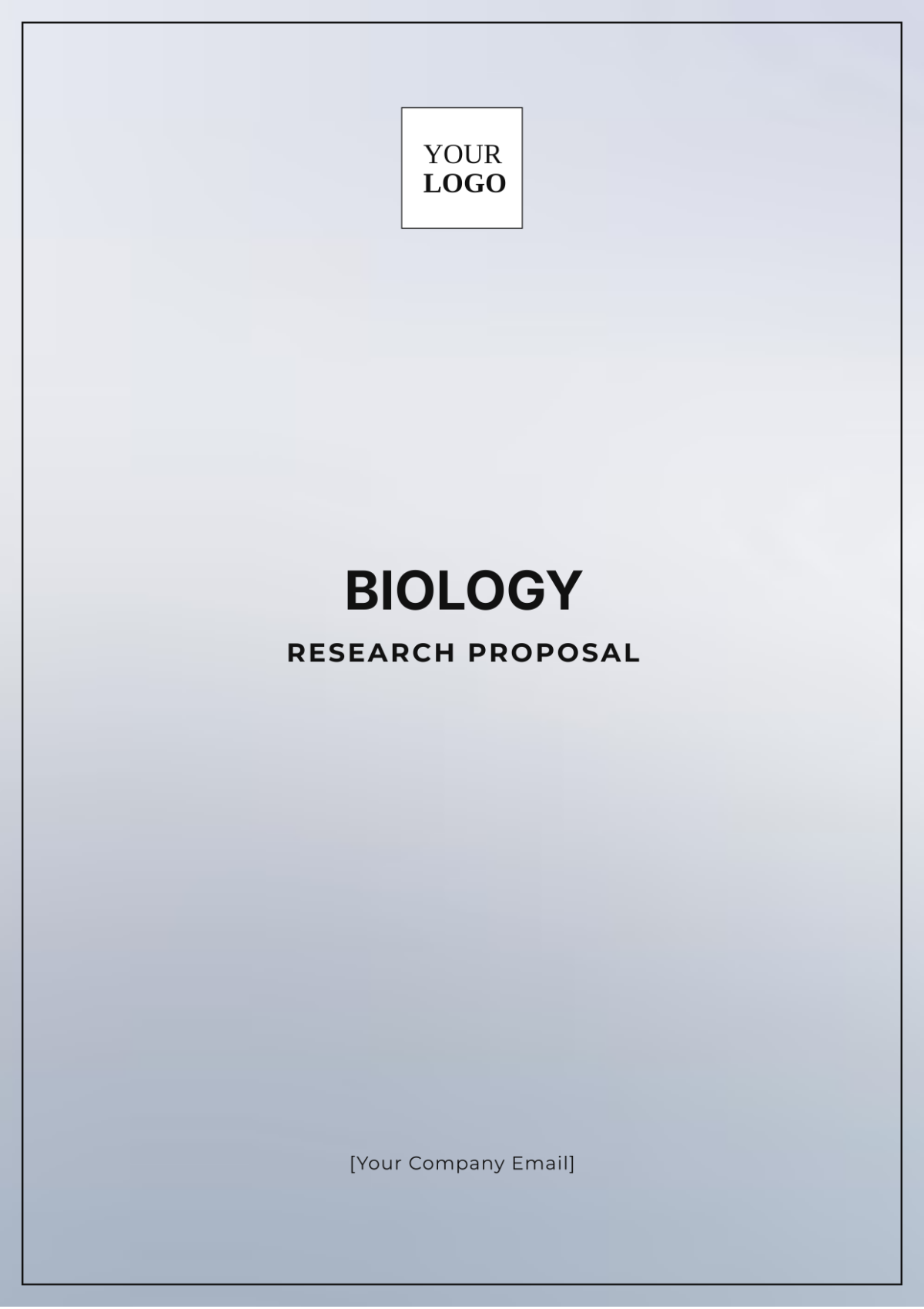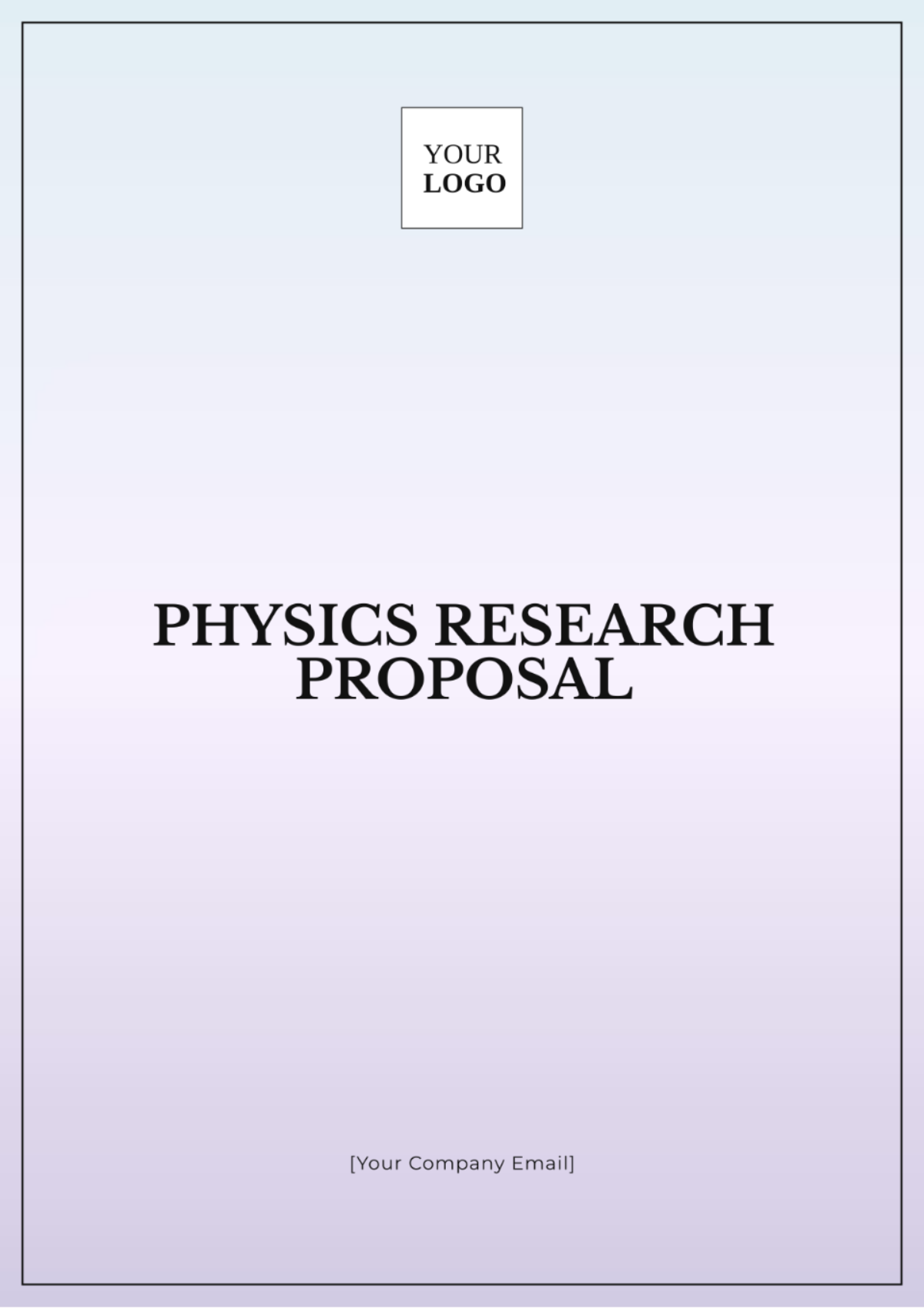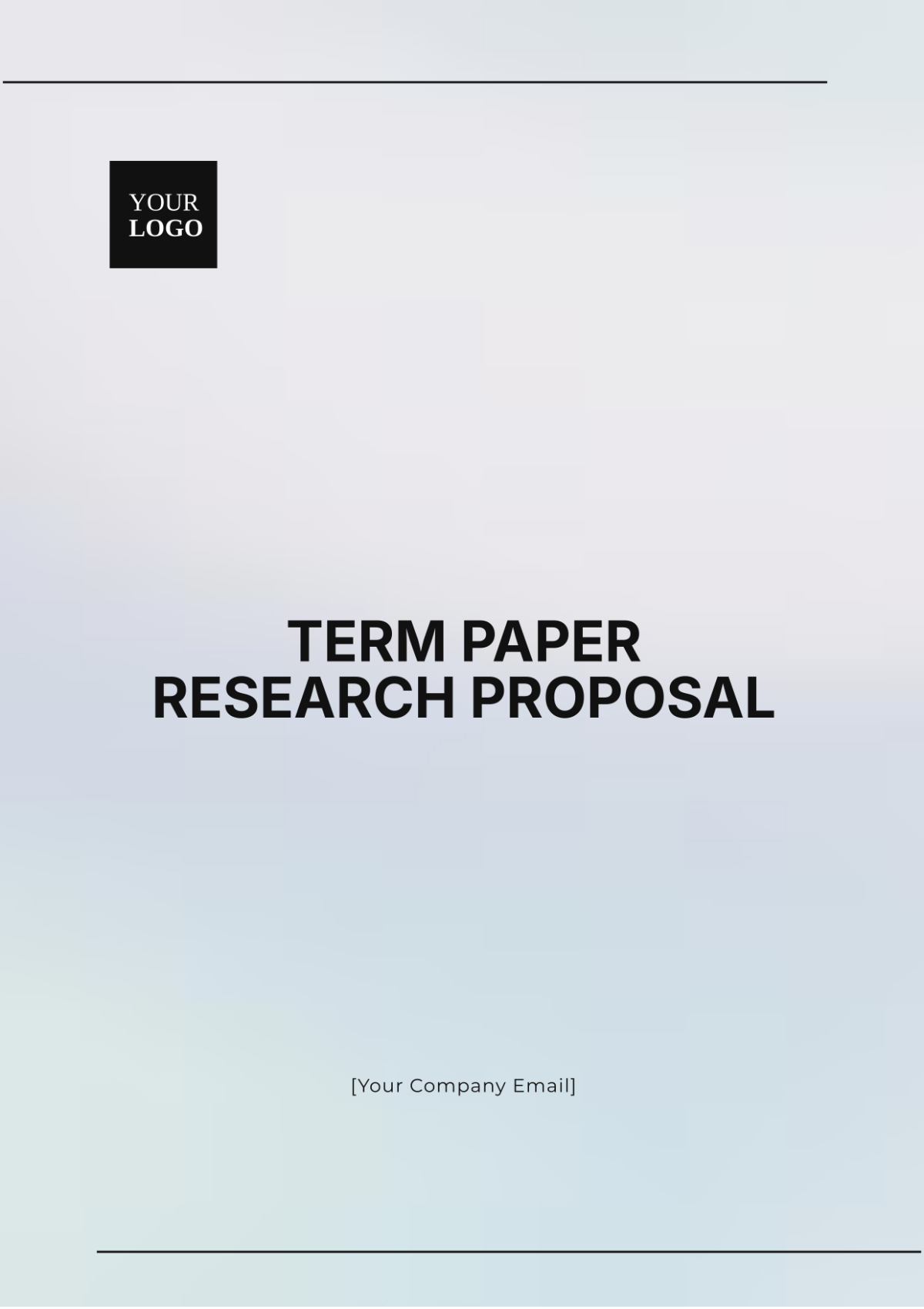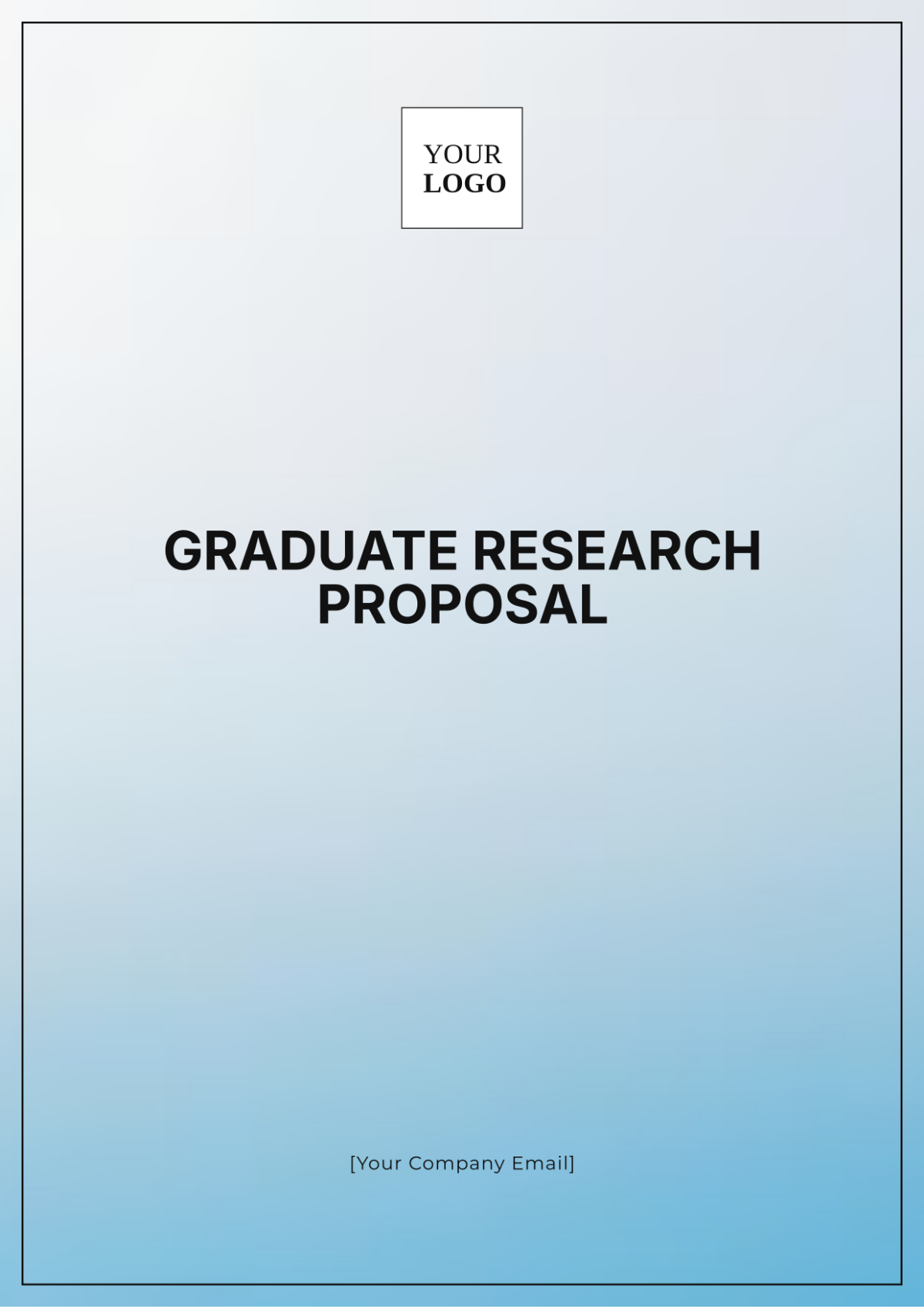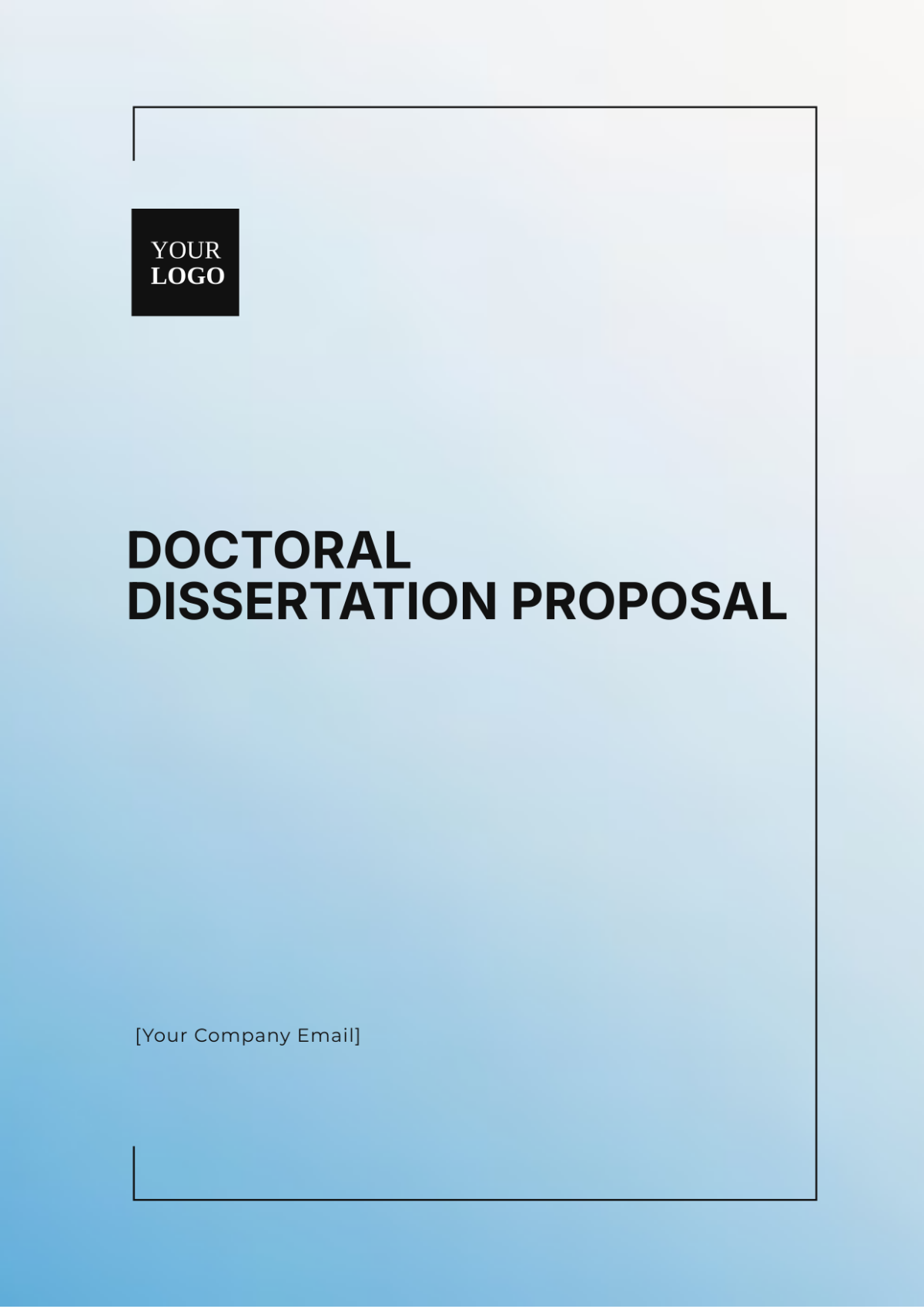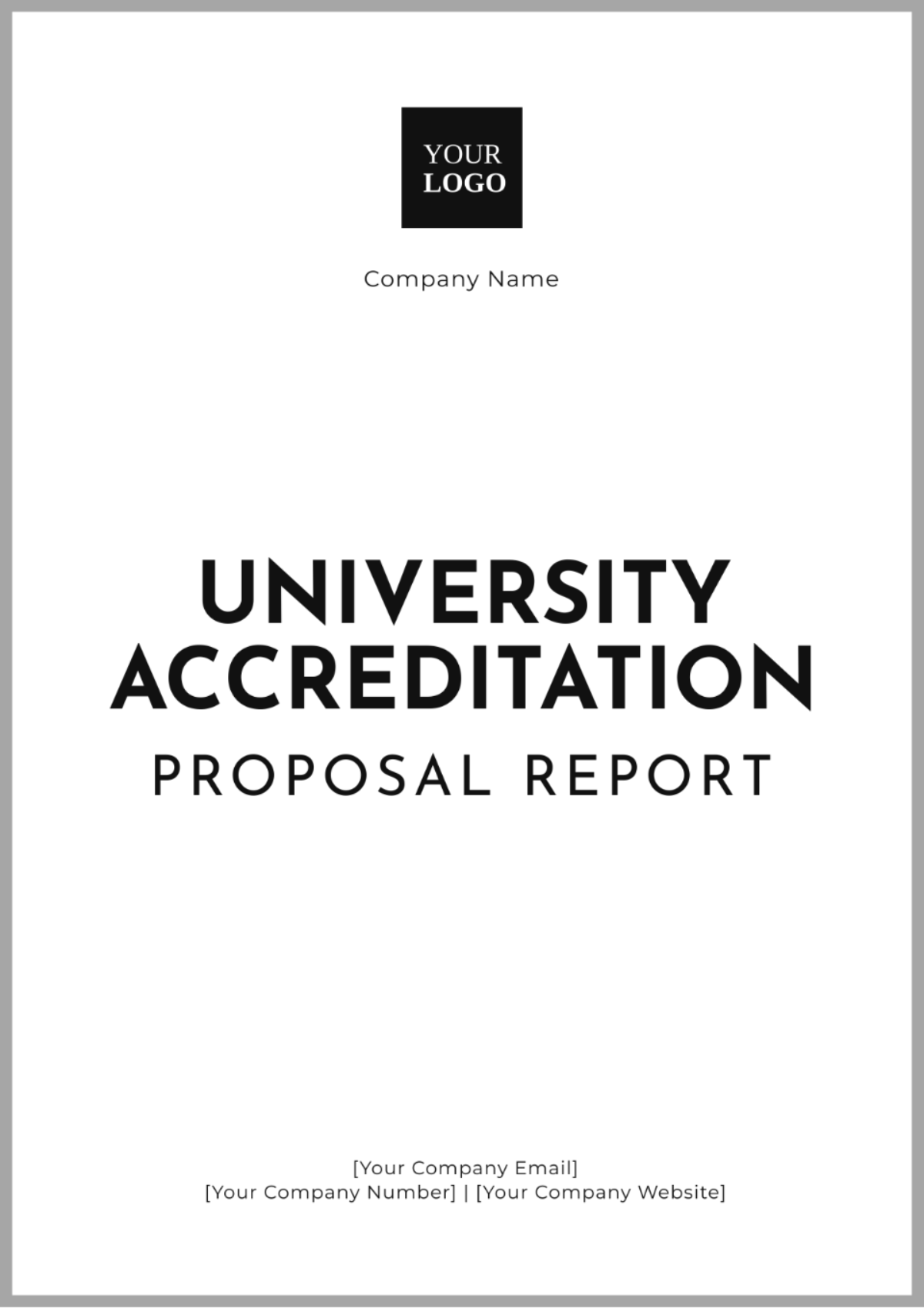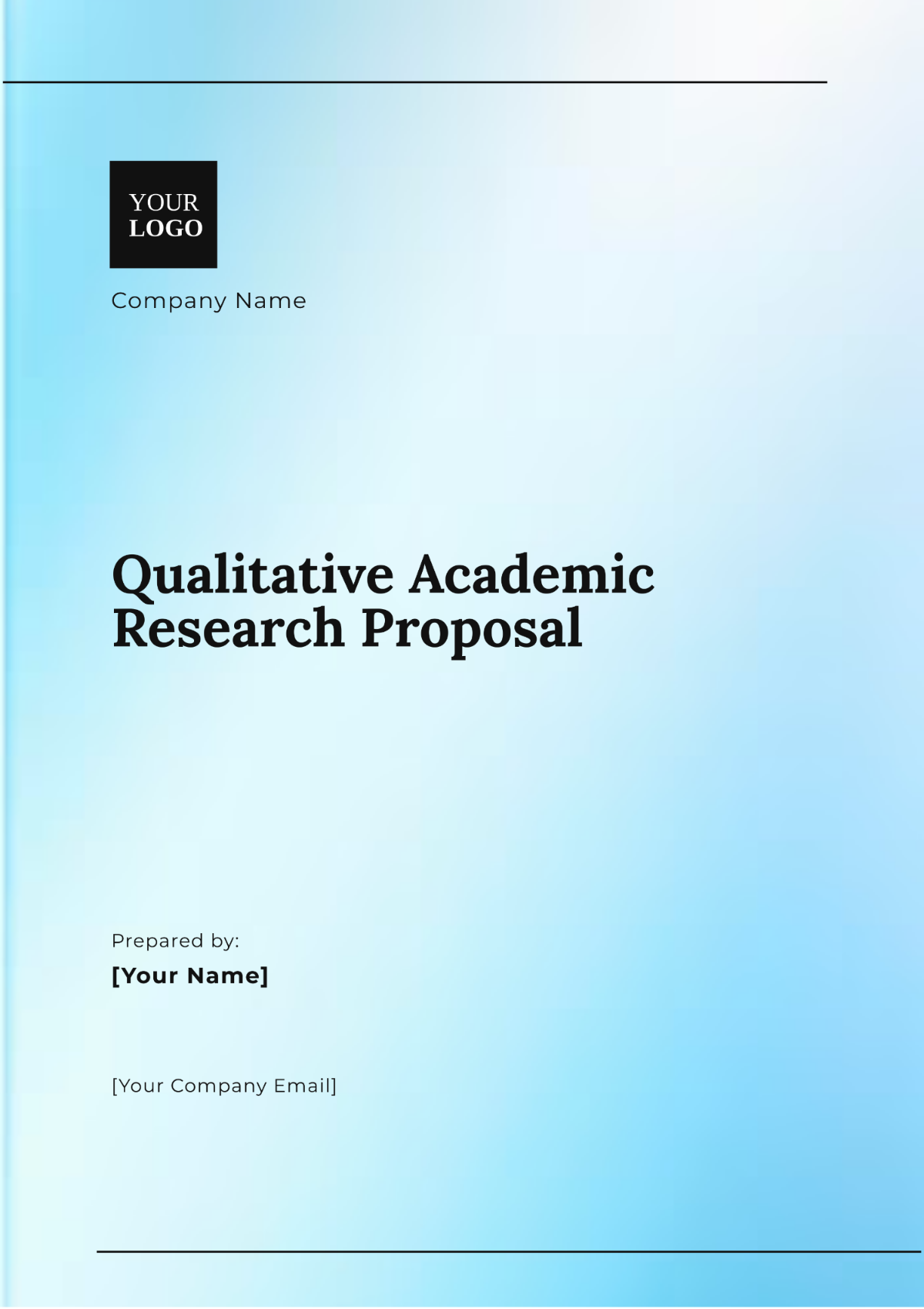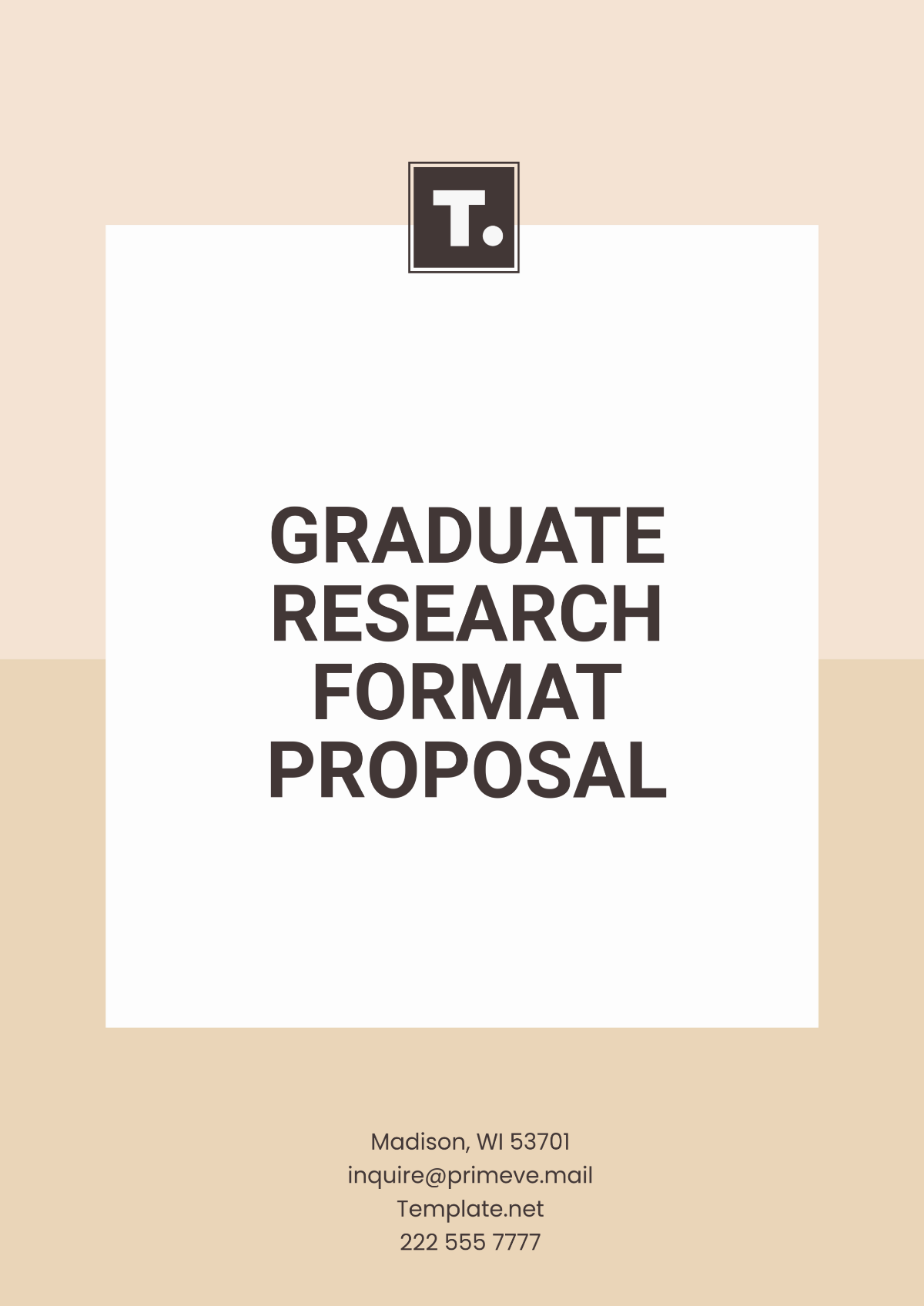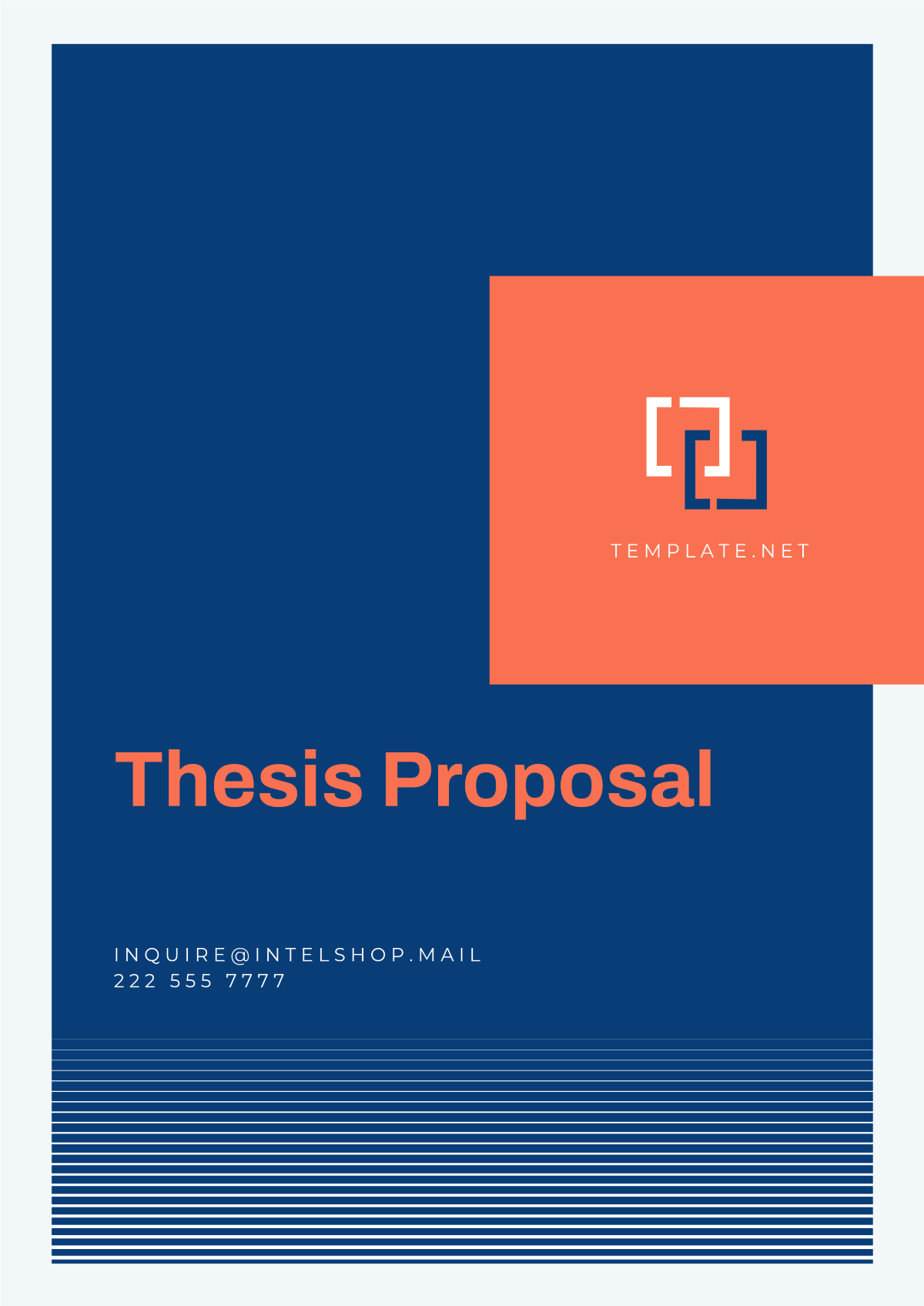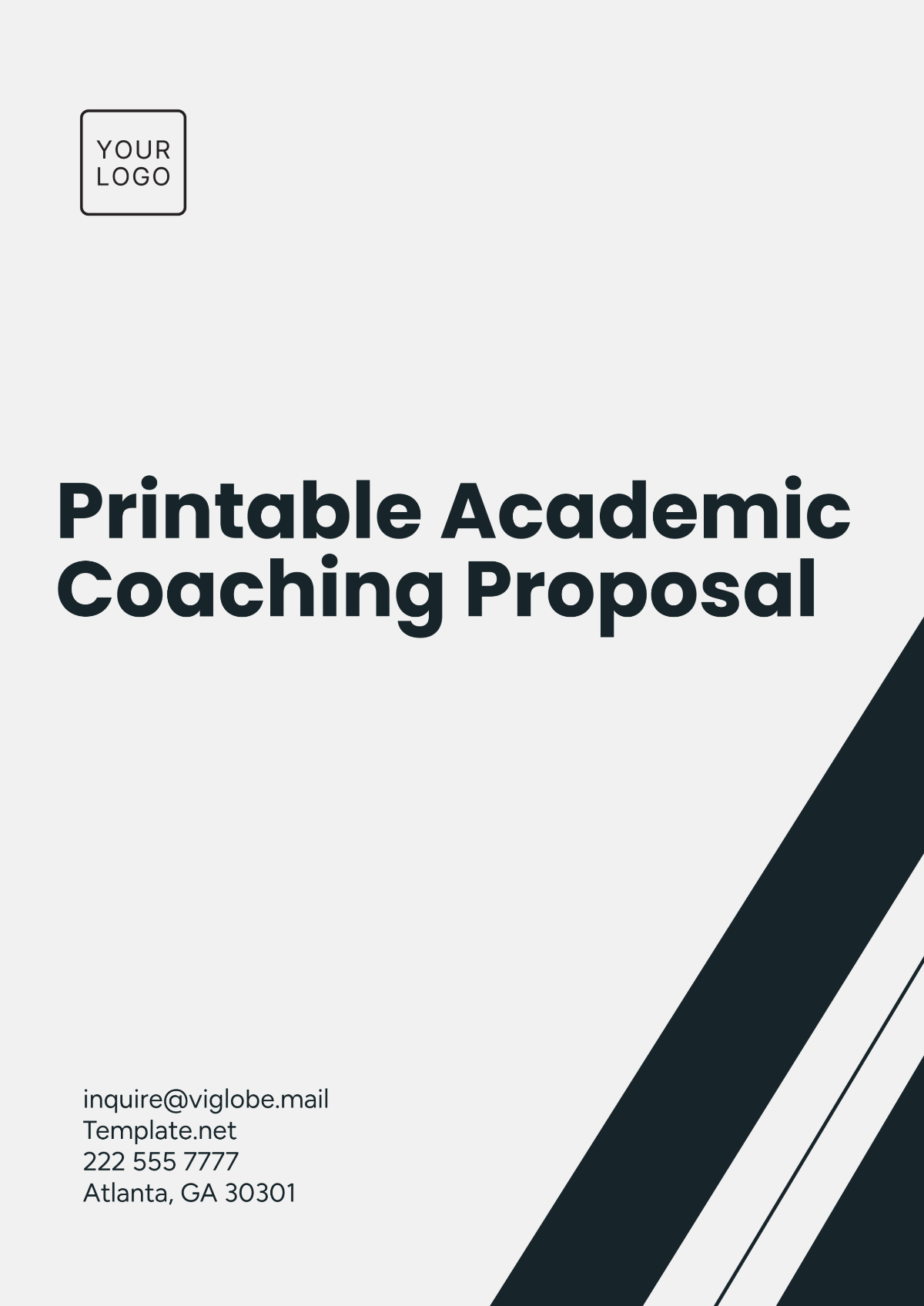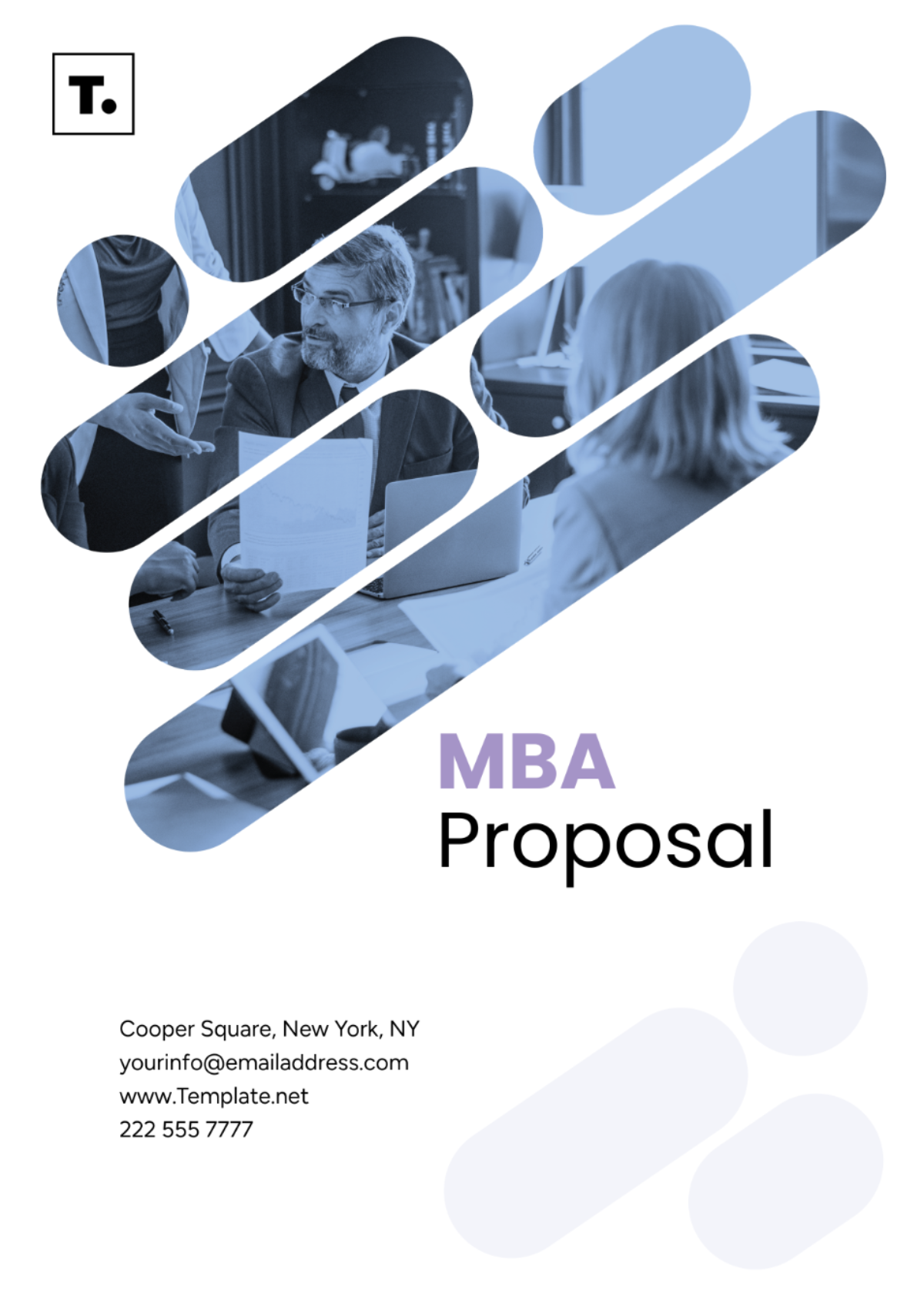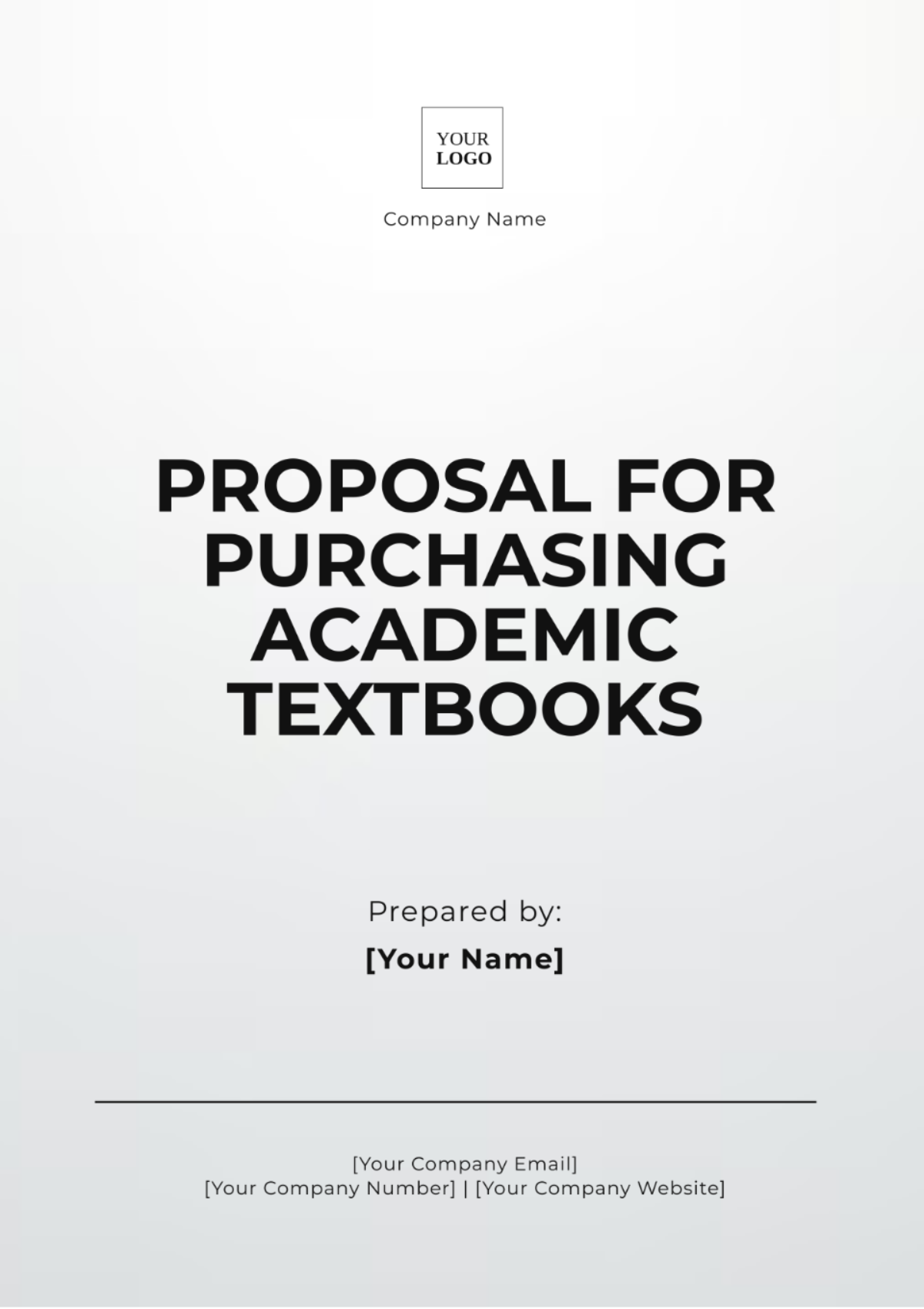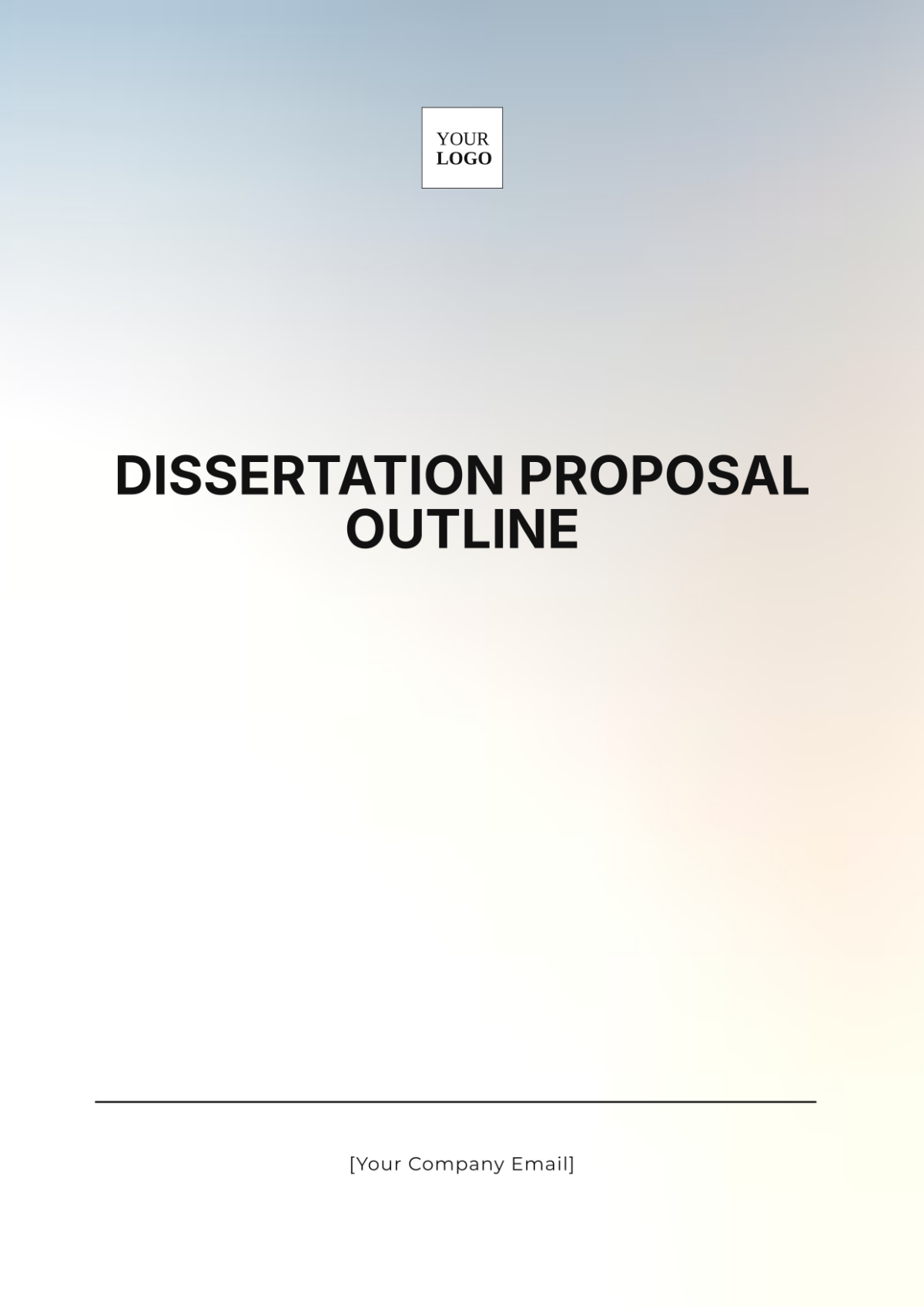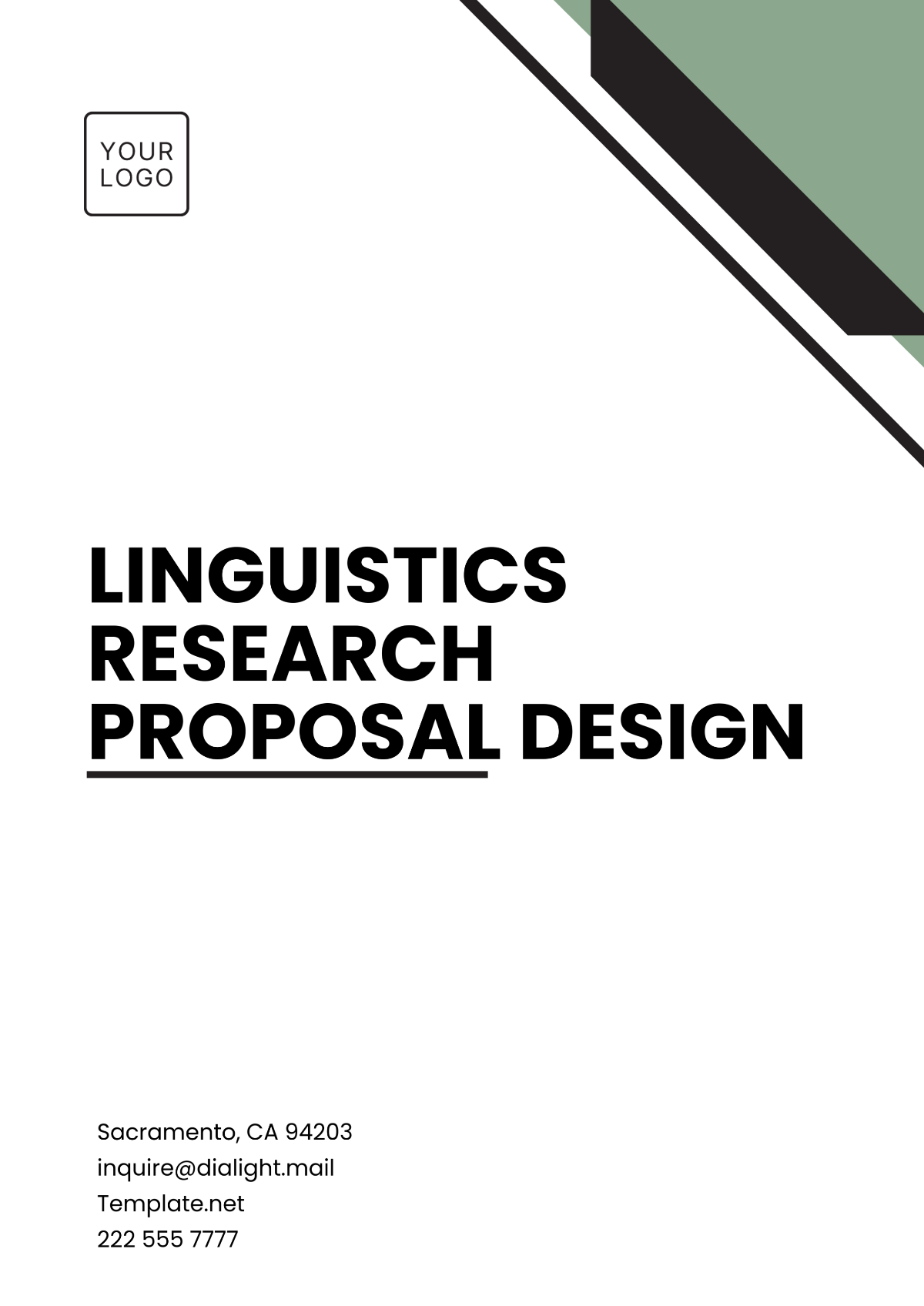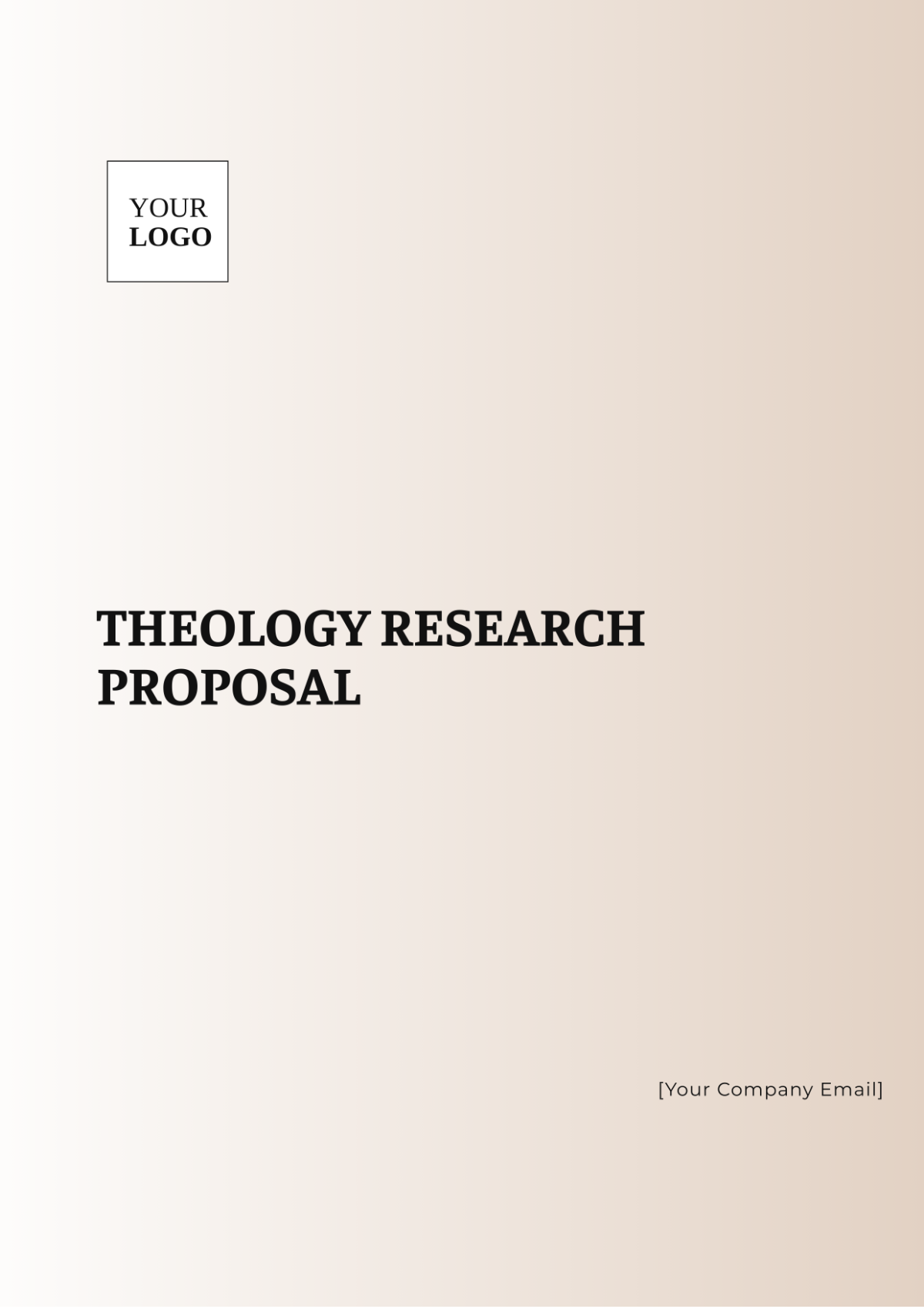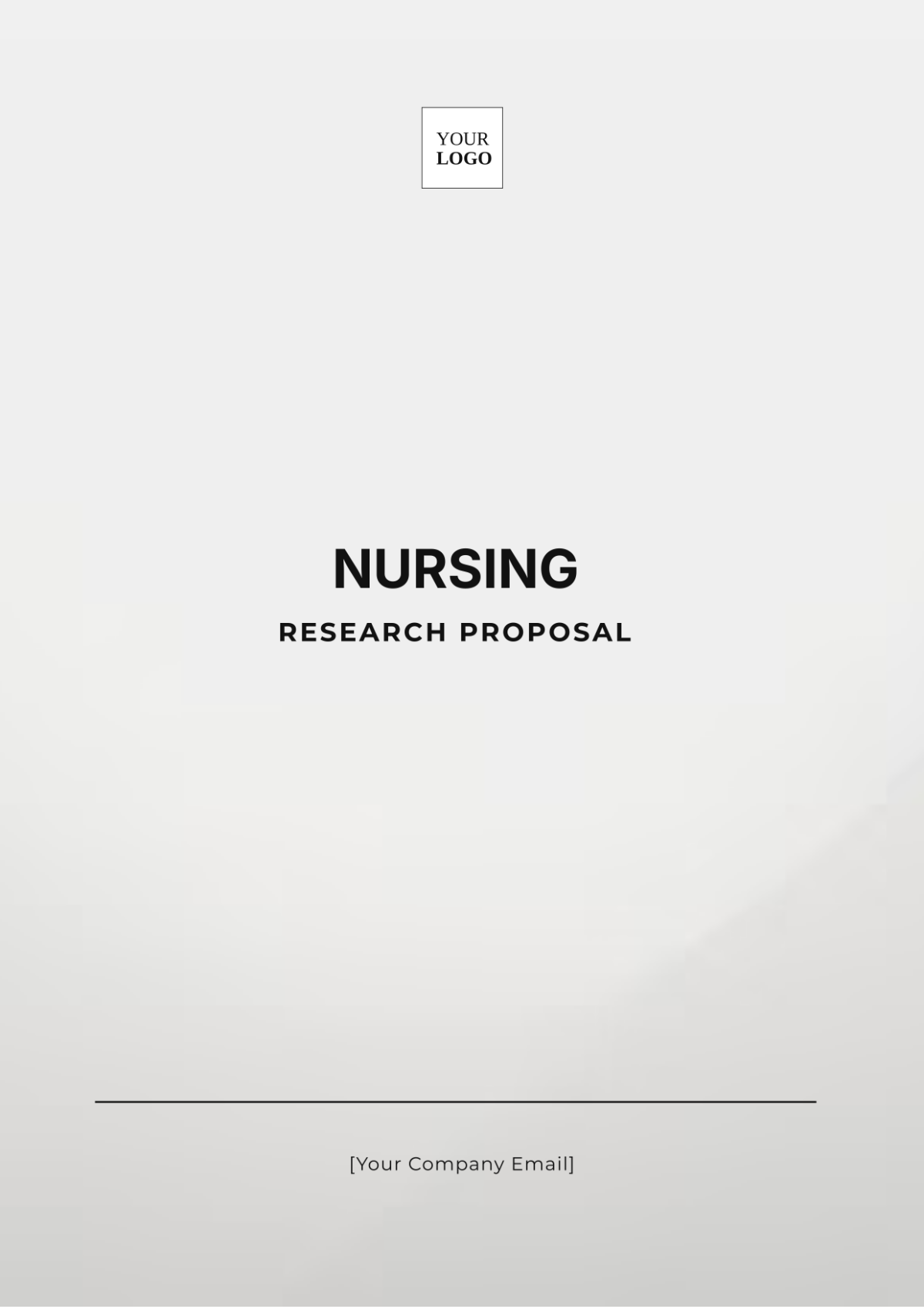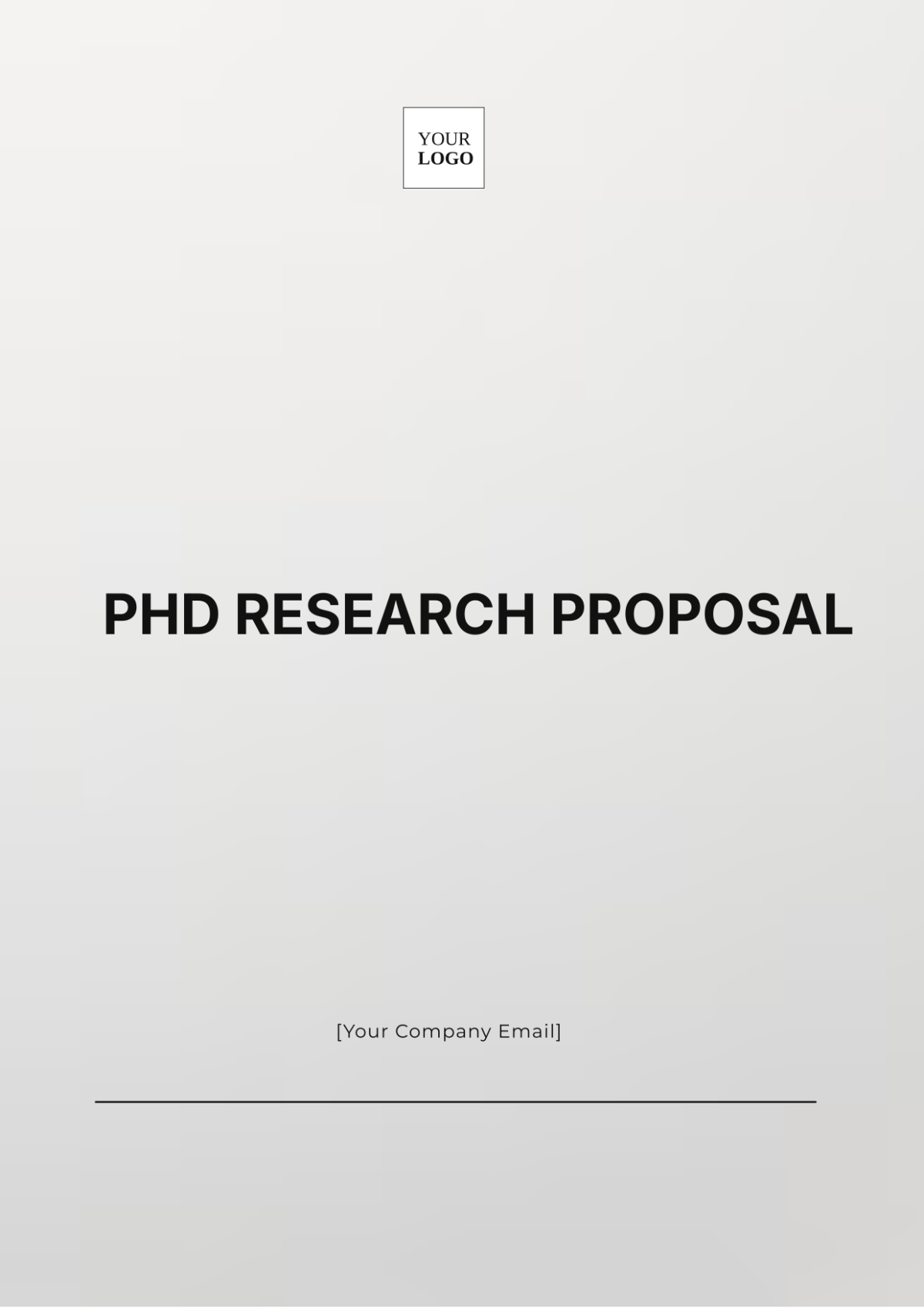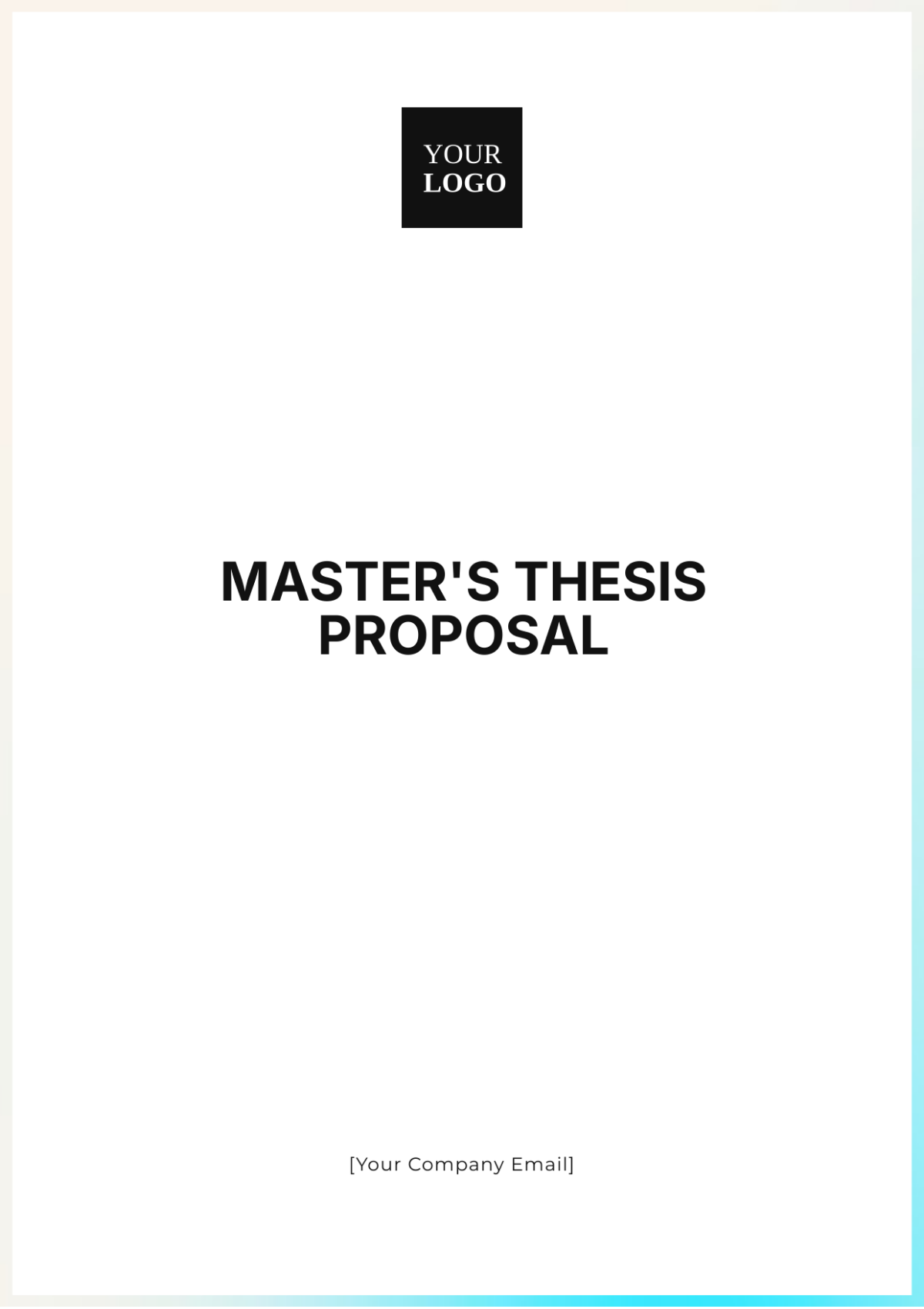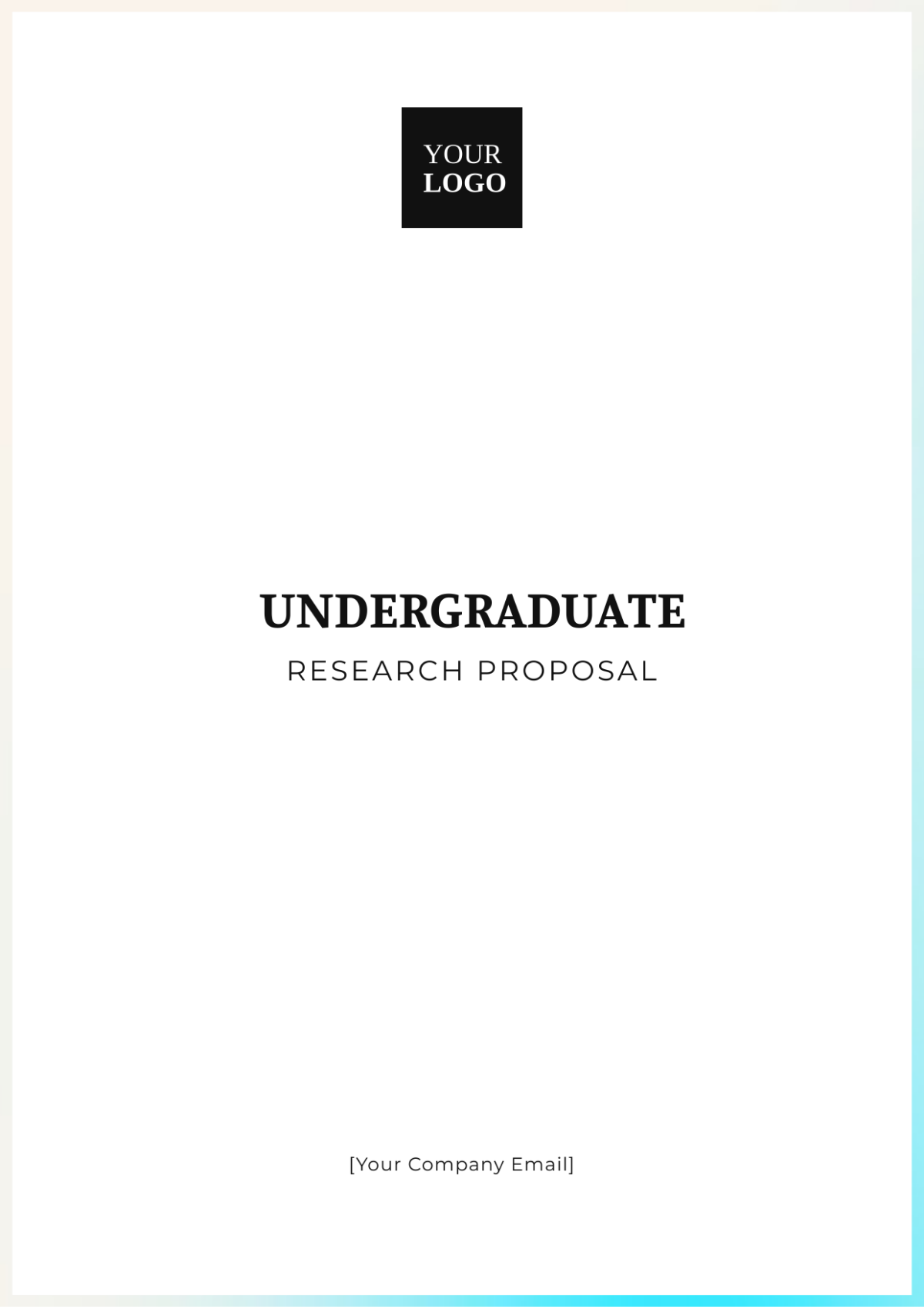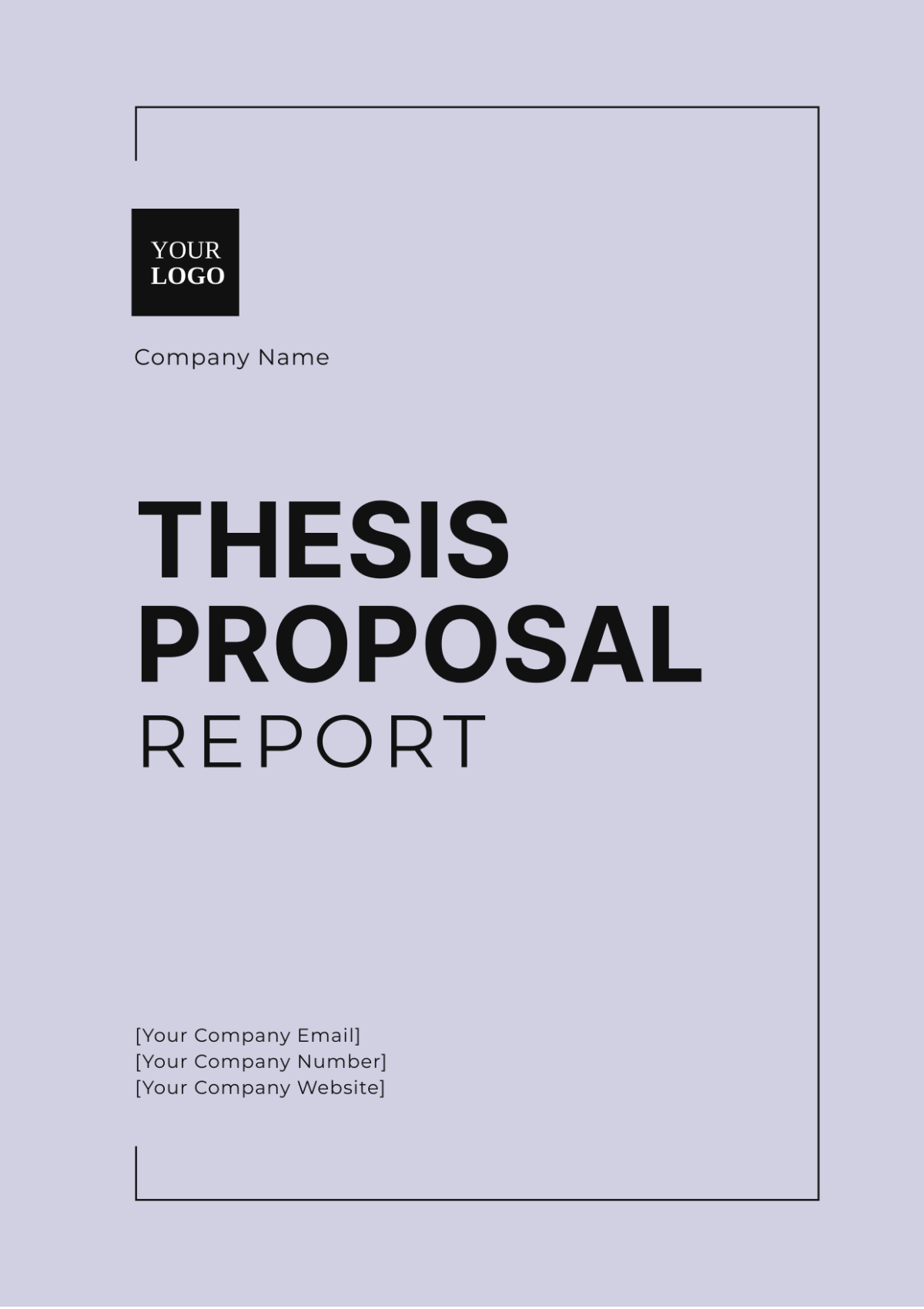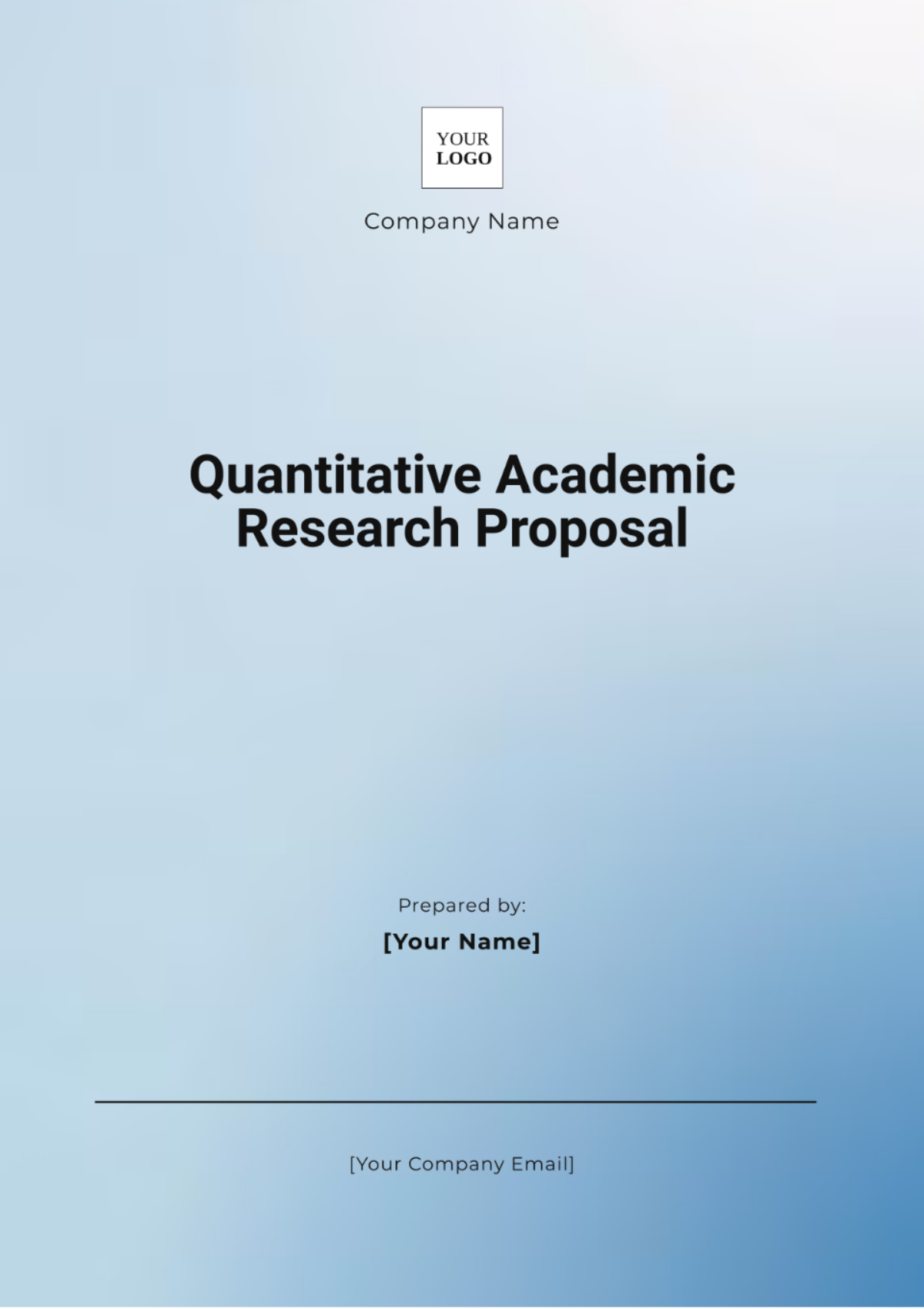Proposal Outline Journal Article
Prepared by: [Your Name]
Date: [Date]
1. Abstract
This proposal outlines a plan to develop a journal article focused on exploring effective strategies for crafting and presenting a research proposal. The article aims to provide a detailed framework for structuring a research proposal, including essential elements such as the introduction, literature review, methodology, and anticipated outcomes. By analyzing best practices and common pitfalls, the article will offer actionable guidelines for researchers to improve their proposal writing skills and enhance the likelihood of successful grant applications and publications.
2. Introduction
2.1 Background and Rationale
The ability to write an interesting and well-structured research proposal is crucial for securing funding and approval for academic research. Despite its importance, many researchers struggle with proposal writing because of a lack of clarity on what constitutes a sound proposal. This article aims to address this issue by providing a comprehensive guide to proposal writing, based on a review of existing literature and best practices. The background will cover the significance of proposals in the research process and outline the key components that contribute to a successful proposal.
2.2 Research Questions or Objectives
What are the key elements of an effective research proposal?
How can researchers ensure that their proposal addresses the key criteria for funding and publication?
What common challenges do researchers face in proposal writing, and how can they be overcome?
3. Literature Review
3.1 Review of Existing Guidelines and Frameworks
This section will review existing guidelines and frameworks for writing research proposals from various sources, including funding agencies, academic institutions, and scholarly articles. The review will highlight best practices, common standards, and recommendations for proposal writing, providing a foundation for the proposed article.
3.2 Analysis of Common Pitfalls and Success Factors
The literature review will also analyze common pitfalls in proposal writing and identify factors that contribute to successful proposals. By examining case studies and expert opinions, the article will offer insights into what proposes to stand out and how researchers can avoid common mistakes.
4. Methodology
4.1 Research Design
The article will use a qualitative research design to analyze existing proposal guidelines and literature. The design will involve a systematic review of relevant documents, including proposal guidelines from funding agencies and academic journals, as well as interviews with experienced researchers and proposal reviewers.
4.2 Data Collection
Document Analysis: The article will analyze proposal guidelines, best practice documents, and successful grant applications to identify key components and strategies for effective proposal writing.
Interviews: Semi-structured interviews will be conducted with experienced researchers and proposal reviewers to gather insights into successful proposal writing and common challenges.
4.3 Data Analysis
Thematic analysis will be used to identify key themes and patterns from the document analysis and interview data. This will include coding and categorizing information to highlight best practices, common pitfalls, and strategies for effective proposal writing.
4.4 Sample Selection
Documents will be selected based on their relevance to proposal writing guidelines and their use in funding decisions. Interview participants will be selected based on their experience with proposal writing and review processes.
5. Expected Results
5.1 Anticipated Findings
The article is expected to identify key elements of successful research proposals, including clear objectives, thorough literature reviews, robust methodologies, and well-defined outcomes. It will also highlight common pitfalls and provide recommendations for overcoming these challenges.
5.2 Impact and Significance
The findings will provide valuable insights for researchers seeking to improve their proposal writing skills. By offering a detailed framework and practical recommendations, the article will contribute to enhancing the quality of research proposals and increasing the likelihood of successful funding and publication.
6. Conclusion
6.1 Summary of the Proposal
This proposal outlines a plan to develop a journal article on effective research proposal writing. The article will provide a comprehensive guide based on existing guidelines, literature, and expert insights. It aims to address key elements of successful proposals and offer practical recommendations for researchers.
6.2 Future Directions
Future research could explore the impact of specific proposal elements on the success rate of grant applications and publications. Additionally, studies could investigate how different funding agencies and academic journals evaluate proposals and how researchers can tailor their proposals to meet these criteria.
7. References
Smith, J., & Brown, A. (2050). Best Practices in Research Proposal Writing. Journal of Research Management, 15(1), 23-45.
Johnson, L., & Davis, R. (2051). Common Pitfalls in Grant Proposals: Lessons Learned. Funding and Grants Review, 10(3), 56-78.
Lee, T., & Green, M. (2052). Effective Strategies for Research Proposal Success. Academic Publishing Journal, 8(2), 101-123.
